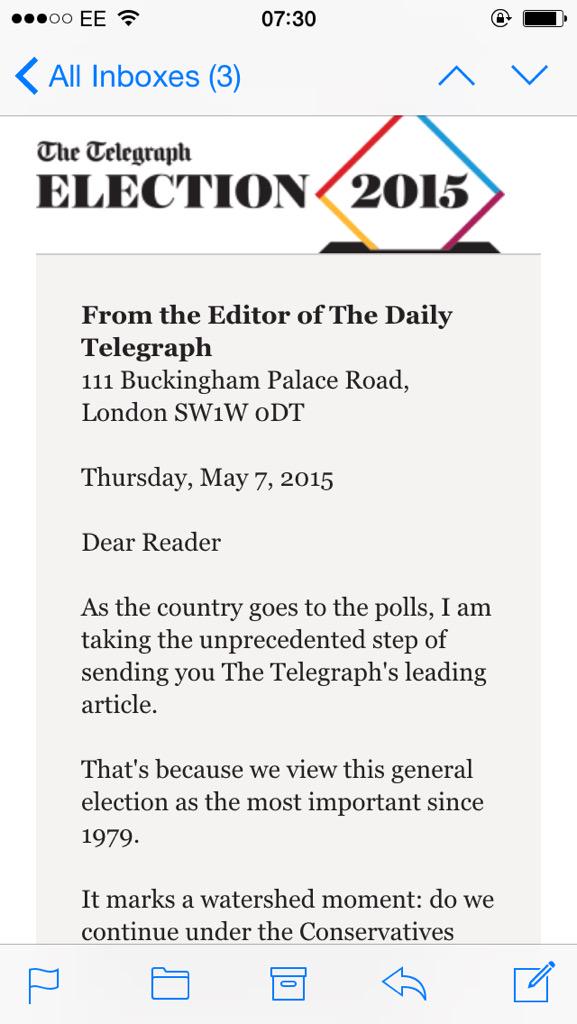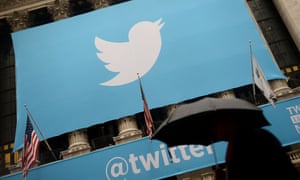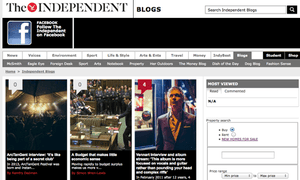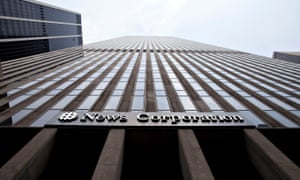Banning teenagers from social media would be an attack on their human rights

Summary
New data protection rules could block under-16s from social media access without parental consent, denying them rights to expression and information
The European commission’s General Data Protection Regulation, voted on last week, aims to give consumers more control over their personal information and more transparency on how their information is used by companies and governments. Social media, even when it’s operated by private companies, is where young people go to express their opinions, interact with peers and family, learn about the news, as well as obtain health information and access to services. Depriving youth from access violates their rights of expression and information as well as their ability to participate in civic engagement.
Key data
- In increasingly diverse societies, I fear a lack of access to the internet could interfere with the ability of some youth to assimilate into new environments and to explore social, political and religious values that may differ from those of their parents.
- Even the current law, which effectively restricts access for children under 13, is ignored by millions of pre-teens around the world who lie about their age to access social media, so it’s hard to imagine how any government expects teens to refrain from doing likewise. The real effect of this regulation is to encourage European teens to ignore the law and lie.
My View
I agree that banning teens from social media is not right and would go against their human needs as they would not have a platform on which they would be able to express their views and opinions which is a very crucial and important feature in this modern era of new and digital media. Teens should not be snatched of the right to express themselves.
http://www.theguardian.com/media/2015/dec/21/telegraph-fined-email-conservatives
Telegraph fined £30,000 over email urging readers to vote Tory

Summary
http://www.theguardian.com/media/2015/dec/21/telegraph-fined-email-conservatives
Telegraph fined £30,000 over email urging readers to vote Tory

Summary
The Telegraph has been fined £30,000 for sending hundreds of thousands of emails on the day of the general election urging readers to vote Conservative. In what he described as an “unprecedented step”, Daily Telegraph editor Chris Evans asked readers to back the Tories in a letter added to its daily email. But data protection watchdog the Information Commissioner’s Office found the newspaper’s parent company, Telegraph Media Group, broke direct marketing rules.
Key Data
- In his letter, Evans described the 7 May general election as “the most important since 1979” and urged Telegraph readers to vote Conservative.
- “These circumstances, along with the small number of complaints (17), were factors when deciding the fine,” said the ICO, which has the power to impose a fine of up to £500,000.
- Some recipients had taken to Twitter to complain that they either did not know how the Telegraph had got their email address or saying they had only signed up for specific emails such as its technology or finance newsletters.
My View
It is wrong that The Telegraph has tried to force their political views upon the public, even to people who were not their readers. They were trying to manipulate the voters and that is wrong.







